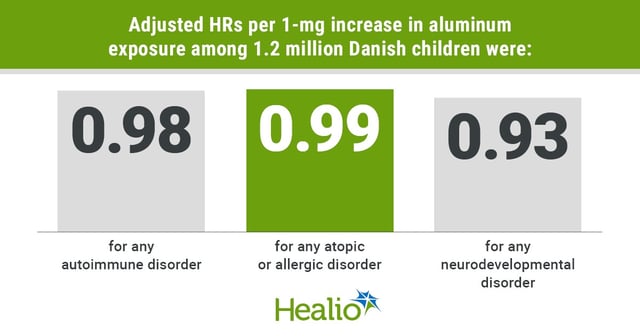Overview
- Researchers followed 1.2 million Danish children born from 1997 to 2018 and assessed connections between aluminum-adsorbed vaccines and 50 chronic conditions through age five.
- The study’s quasi-experimental design leveraged natural variations in vaccine aluminum content and adjusted for maternal health, breastfeeding, environmental exposures and socioeconomic status.
- Dose-response analysis showed no link between higher aluminum exposure and neurodevelopmental, autoimmune or allergic disorders, with slight reductions in autism and ADHD risk per 1 mg increase.
- Public health agencies, clinicians and vaccine safety experts now endorse the findings as conclusive evidence dispelling claims of aluminum’s long-term toxicity.
- Authors cautioned that statistical limits prevent ruling out very small risk increases for extremely rare conditions.


